7 things that are attracting ants to your home
Do ants frequent your home? Here’s why
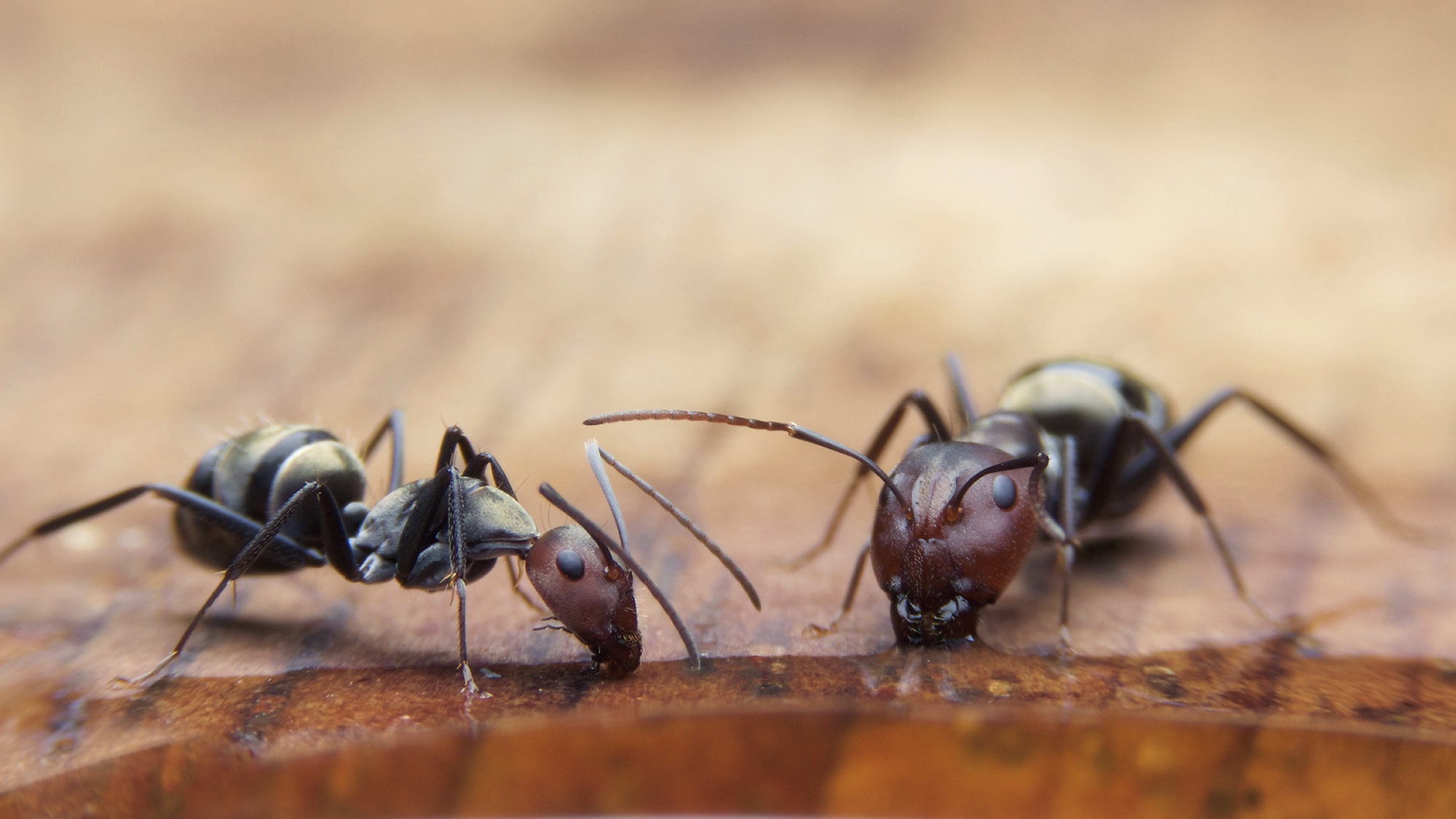
When it comes to pests, ants are one of the most common and frustrating sights in the kitchen. These resourceful insects can find their way into your home through the smallest crevice and it can quickly turn into an infestation if not dealt with promptly. Ants are not something you want to ignore — not only can they cause structural damage, they can spread disease on any surface they touch. And that’s to say nothing about food contamination.
Learning how to get rid of ants can solve the problem, but it will only be temporary if there’s something that keeps calling these pests back. A number of factors can attract ants to your home, with food only being one of them. If you're keen to learn why ants keep making a home of your home, we’ve listed their biggest motives here — so you can make your living space less inviting. Here are 7 things that attract ants to your home.
Be sure to also check out 7 ways to keep bugs out of your house.
1. Food
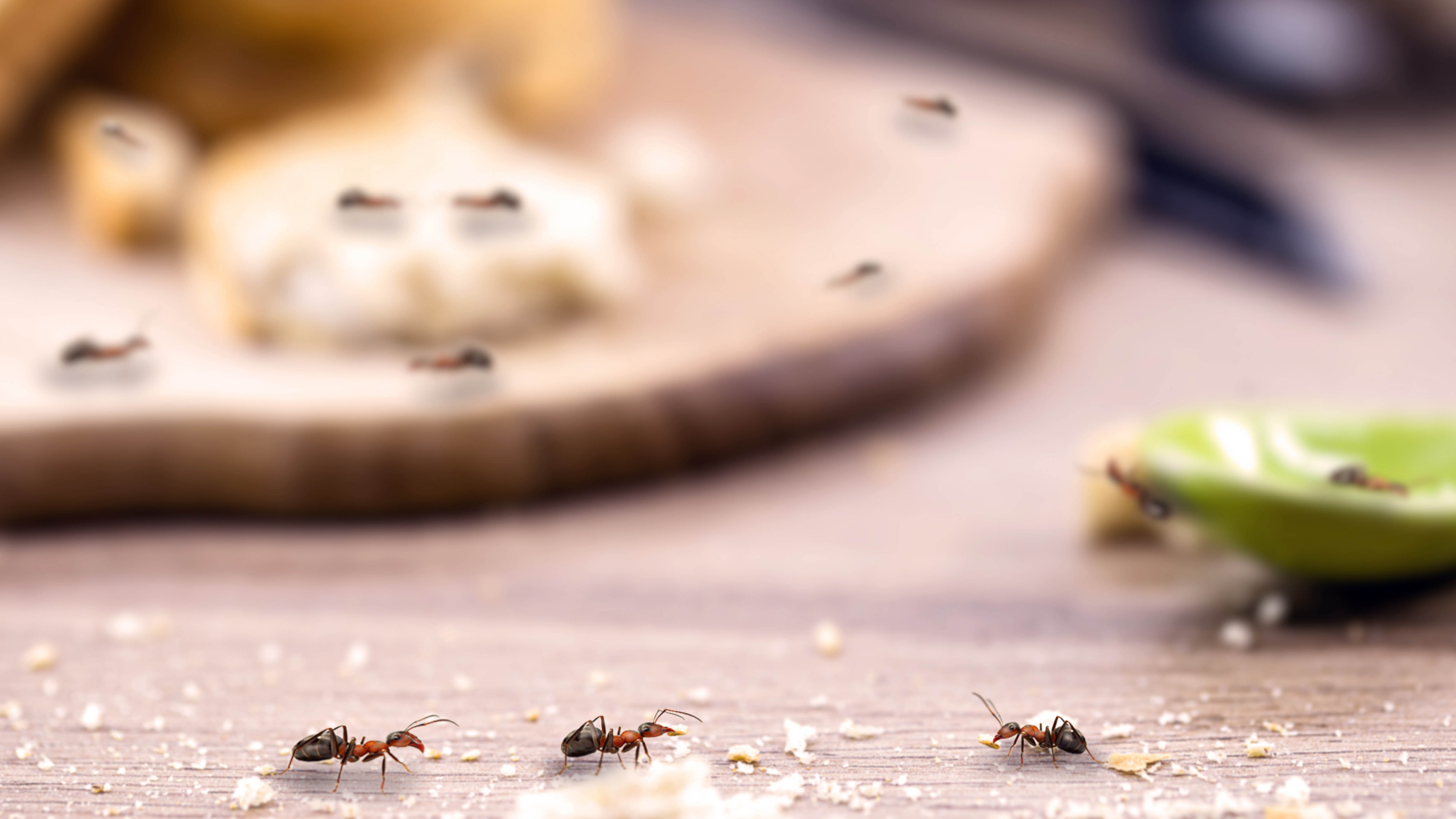
Of course, ants are always looking for a source of food — this is the most obvious motive. Ants eat all kinds of food, but sugar and carbohydrates are particularly enticing. This is because these supply the most energy, energy which ants need to keep working. So, if you regularly leave candy or sugary treats out in the open, don’t be surprised if ants try to take advantage.
Sugar isn’t the only source of food ants will consume though. They require salt just like us — this keeps their water balance in check and supports their muscles and nerves. Protein too is necessary for growth, not only for themselves, but also the queen and larvae back in the colony. So meat and eggs can tempt ants into your home as much as sugar. Even grease, oil and fats can attract some species of ants, so they’re really not picky.
What we can take from this is that any source of food left out in the open will be appealing to any nearby ants. And considering these creatures have four to five times more odor receptors compared to most insects, that means you can’t take any chances. So, as well as sealing you food away in airtight food containers, such as Rubbermaid Brilliance BPA Free Food Storage Containers ($16.97, Amazon), that also means no dirty dishes should be left in the sink, no residual pet food should be left in the open and no wrappers should be left lying around the property. Remove all potential sources of food and ants are much less likely to take up residence.
2. Water
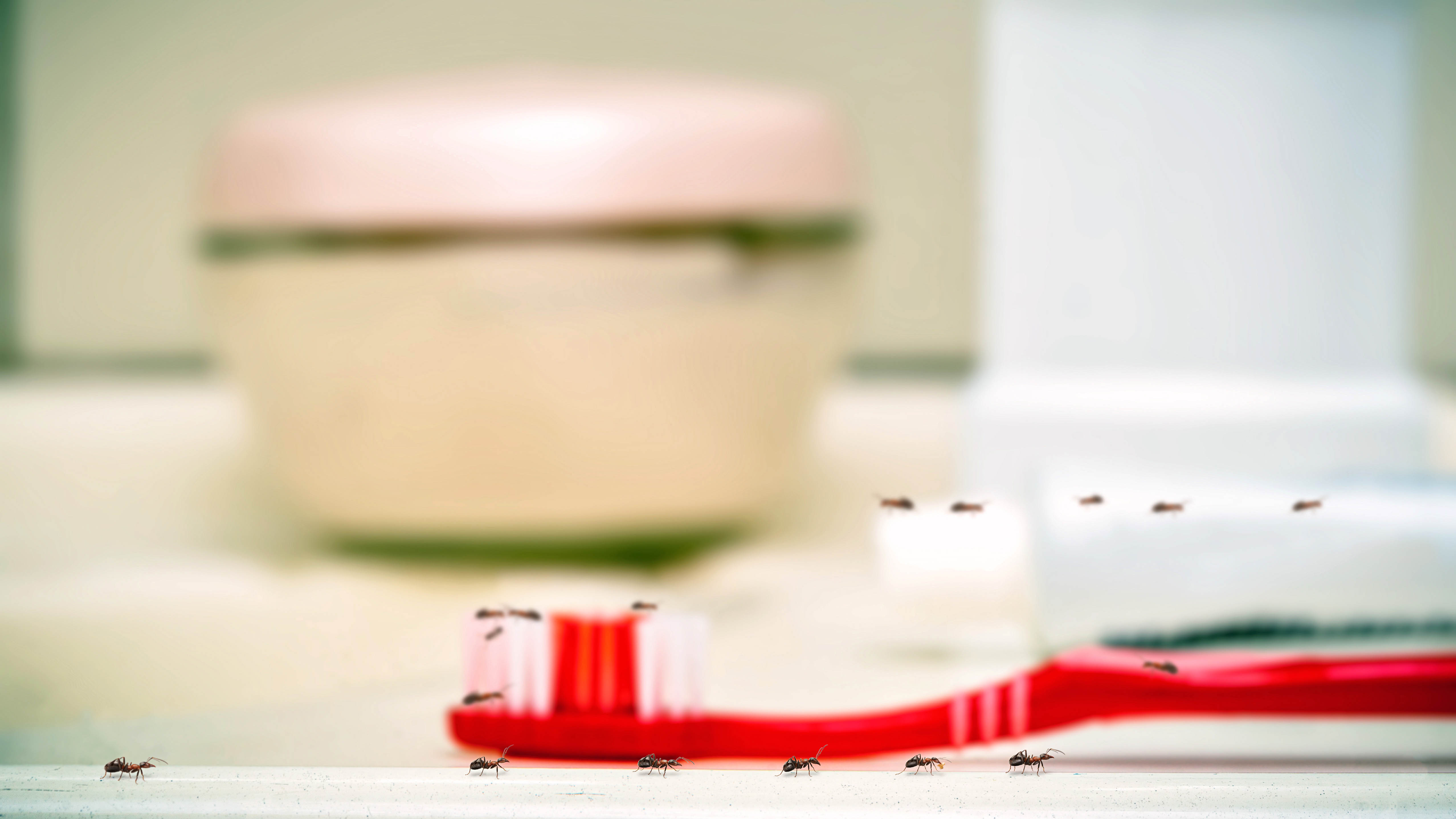
Ants need water to survive, just like we do. They drink it and collect it for the nest too. Without water, ants will dehydrate and die, so a local water source is necessary wherever a colony is based. Around the home, ants can get water from the food they consume, but they’re still more often attracted to areas of high humidity as a consequence, such as a bathroom or a laundry room.
Sign up to get the BEST of Tom's Guide direct to your inbox.
Get instant access to breaking news, the hottest reviews, great deals and helpful tips.
So, if you’ve spotted a rogue ant in your sink, it’s likely on the lookout for moisture. These pests can take water from the smallest of sources, be it leaky pipes, residual water in plant containers or even condensation. So another step to preventing ants is to keep your home as dry as possible. There are several ways you can do this, for instance you can invest in one of the best dehumidifiers, open windows to release moisture after showering or cooking, and run one of the best water leak detectors. In doing this, you can make your home less inviting.
3. Shelter
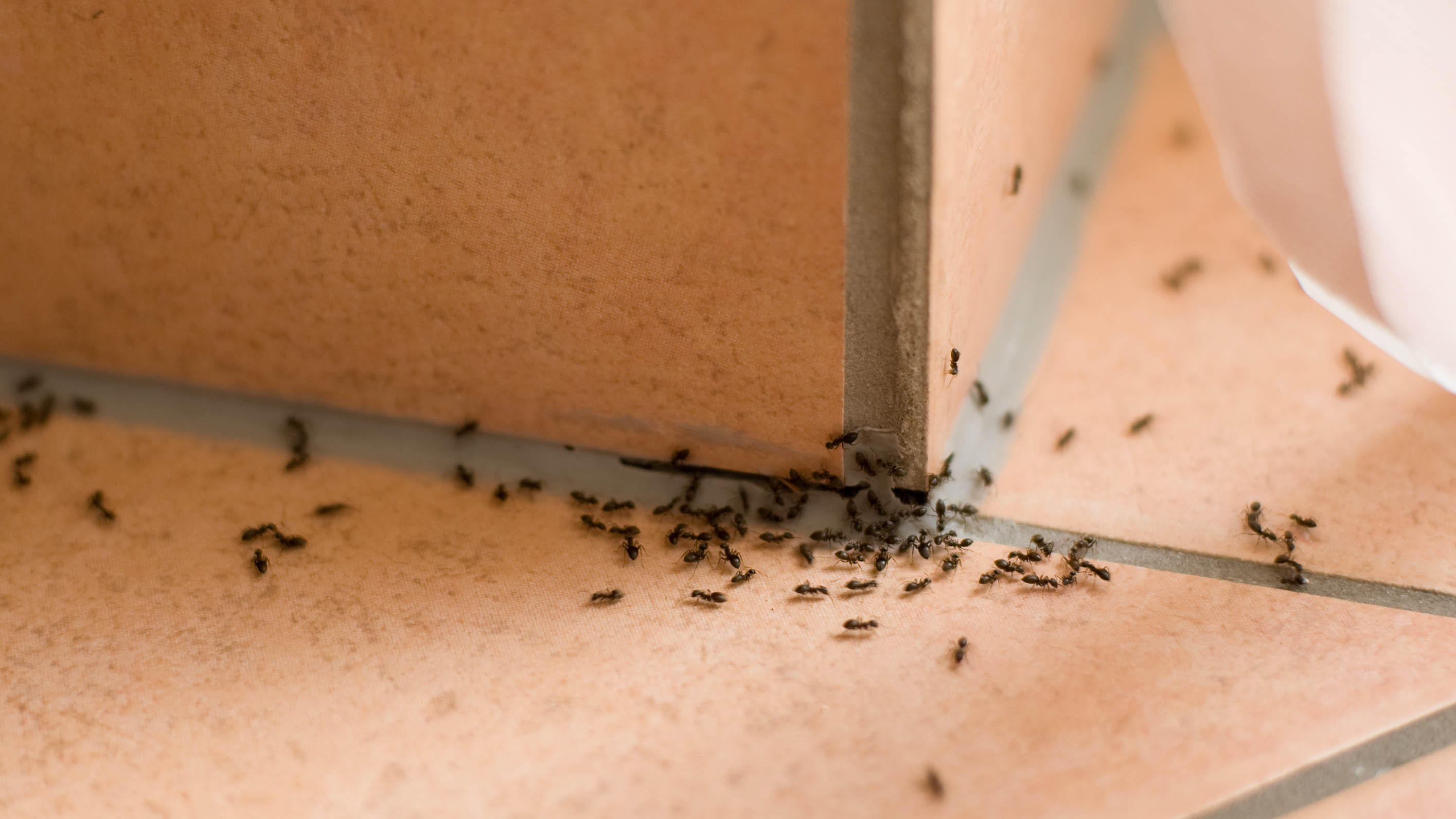
Like most animals, ants are on the lookout for shelter. Ants will be less inclined to remain outdoors if it’s particularly cold, or if the weather is less than forgiving, such as during periods of heavy rainfall. So if your home offers warm and calm conditions, complete with food and water, it could be an enticing spot to nest.
There’s not a lot you can do to make your home less inviting in this sense, but you can take steps to make sure ants can’t enter in the first place. Shutting doors and windows won’t be enough — ants are tiny and can find their way in through the smallest of spaces, be it a crack in the foundation, or a gap under the door. Check all obvious spaces around your home where ants may enter and seal or caulk any gaps. Make sure you pay extra attention along the baseboards as well as the walls for any minute cracks. If ants keep coming back and you’re not sure how they’re getting in, you may need to hire a professional to find the point of entry.
4. Flowers
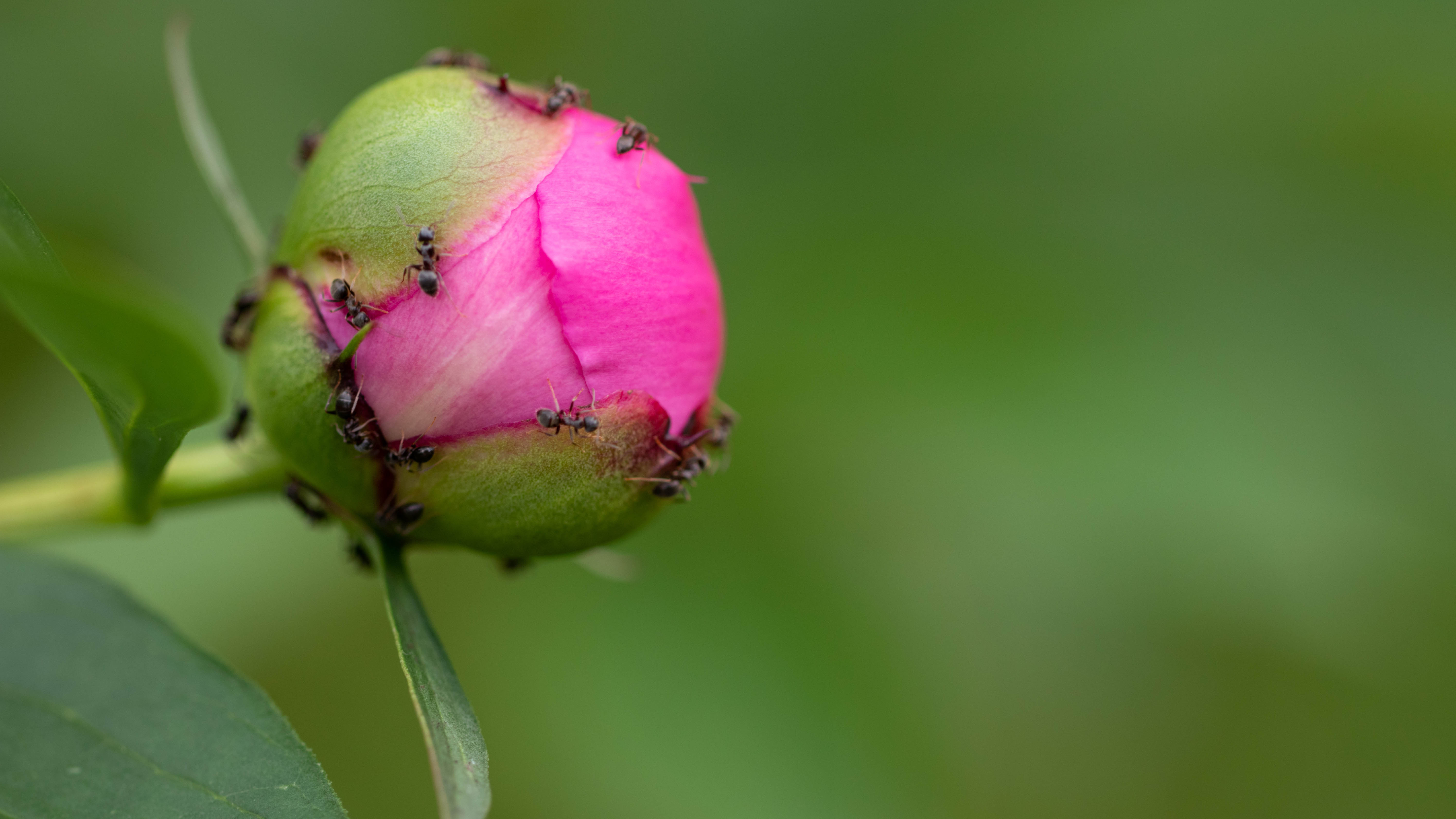
Flowers can actually attract ants as well as other kinds of insects. It’s not surprising when you consider the sweet scents they produce, and some flowers offer an abundance of nectar to boot. If you’ve got a problem with aphids on your leaves, this can make these plants all the more attractive. This is because aphids leave behind a sweet residue which ants love. As mentioned above, residual water is necessary for ants to survive as well, so freshly watered flowers can actually supply both food and water sources.
Peonies and roses are some examples of flowers that are very attractive to ants. Keep such plants to a minimum around the home and in the yard if you have regular ant problems. Make sure you keep an eye out for aphids as well and deal with these pests as soon as possible with a relevant pesticide, such as Garden Safe Multi-Purpose Garden Insect Killer ($5.98, Amazon). Alternatively, you can try repelling ants with the plants you grow around your home. Here are 7 ant-repellent plants to keep your home pest-free.
5. Quiet, dark spaces
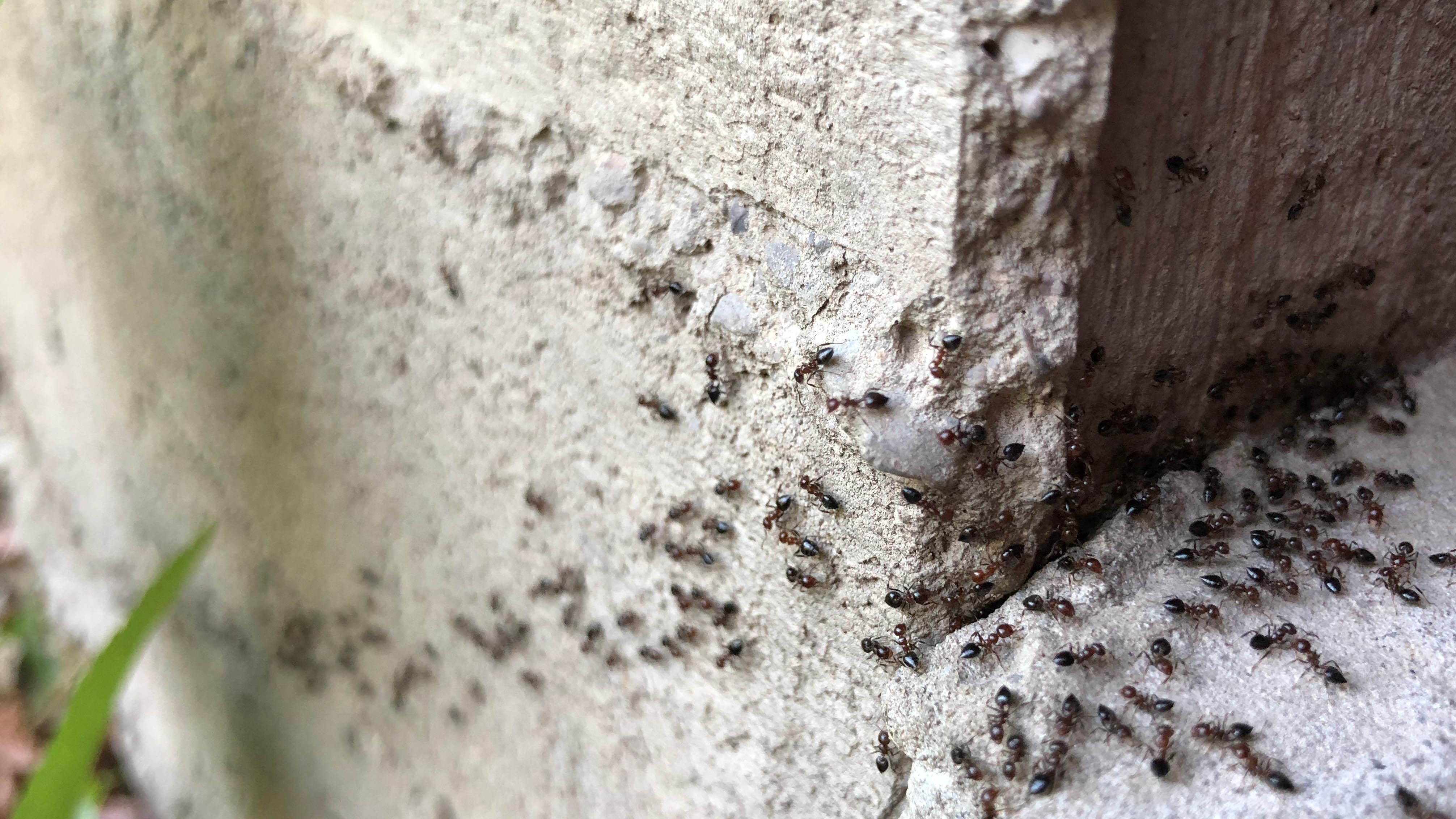
Ants don’t like to be disturbed, so quiet, dark spaces are preferable for them when searching for shelter. It’s for this reason that they often take up residence in walls and floors and cause some serious structural damage as they grow in numbers. They can chew through insulation, drywall and wood itself, so an ant nest can result in a lot of expensive repairs. Again, this isn’t a factor you can remove from your home, but you can make the environment less inviting.
You can buy ultrasonic pest repellents which you plug into the walls. These emit a high frequency sound which ants, among a range of other pests, find uncomfortable. An example of this would be these Ultrasonic Pest Repeller 6 Packs ($35.99, Amazon). These aren’t always found to be effective in the long term though. One of my colleagues used an ultrasonic pest repeller against an ant invasion — here’s what happened. If you suspect ants are nesting in your home, call a professional to deal with the issue as soon as possible. The sooner you act, the less structural damage your house will incur.
6. Scented candles
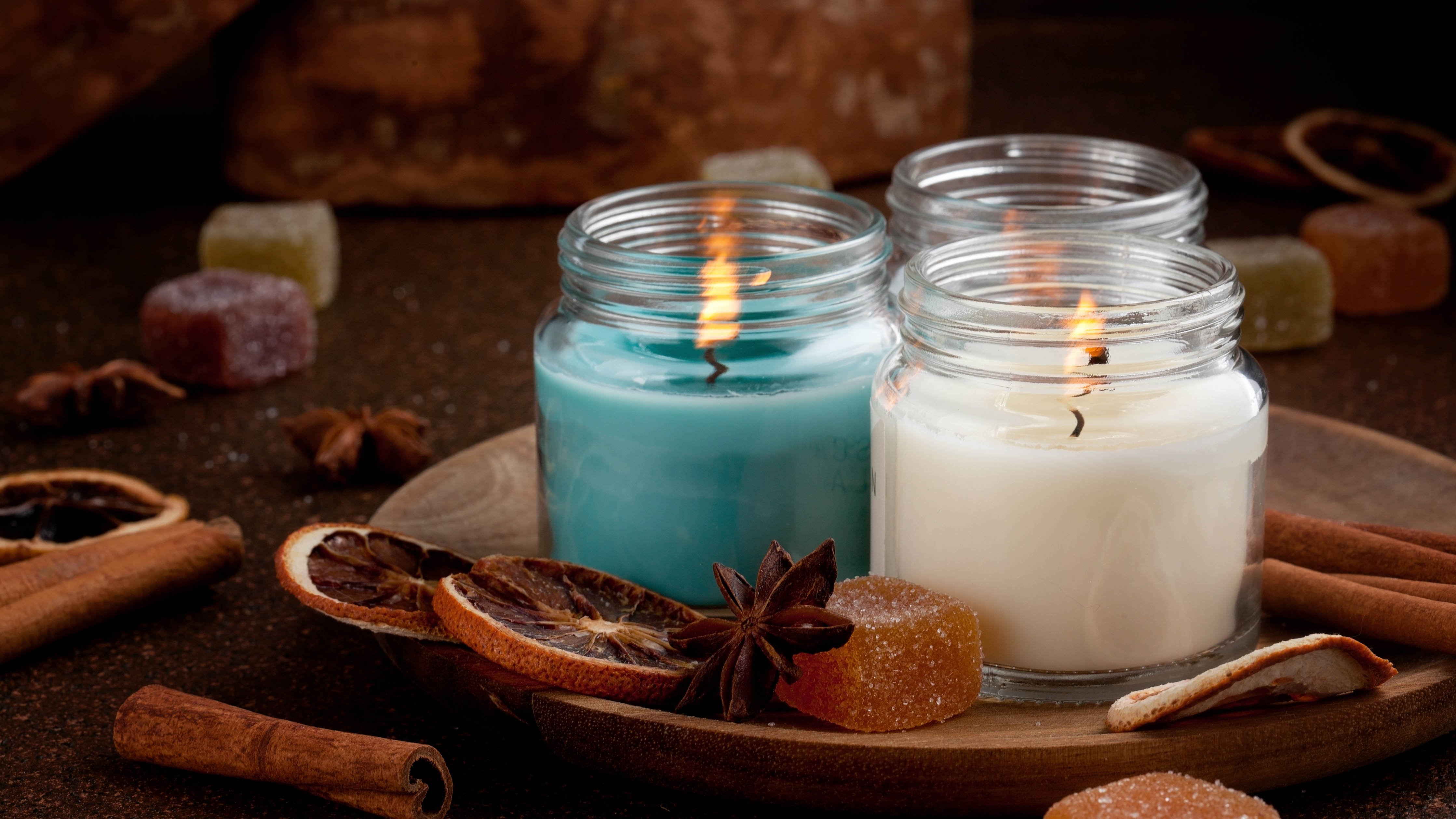
We’ve already covered how the sweet smell of food attracts ants, but did you know that this applies to all kinds of sweet smelling items around the home? Scented candles, particularly those that have a sickly sweet aroma to imitate candies, can attract ants from far and wide. Swap these over to scents which are more likely to deter ants, such as lavender or peppermint.
Laundry detergent can have a similar effect, especially if it’s heavy with a sweet scent. Opt for a fragrance-free variety if you’ve spotted ants in your laundry room, or try fragrances which repel ants instead, such as this lavender-scented Seventh Generation Concentrated Laundry Detergent ($14.99, Amazon).
Air fresheners have been known to attract ants on top of this. So, consider what fragrances you’re applying around your home and whether you’re making the environment all the more enticing with sweet smells.
7. Dirty laundry
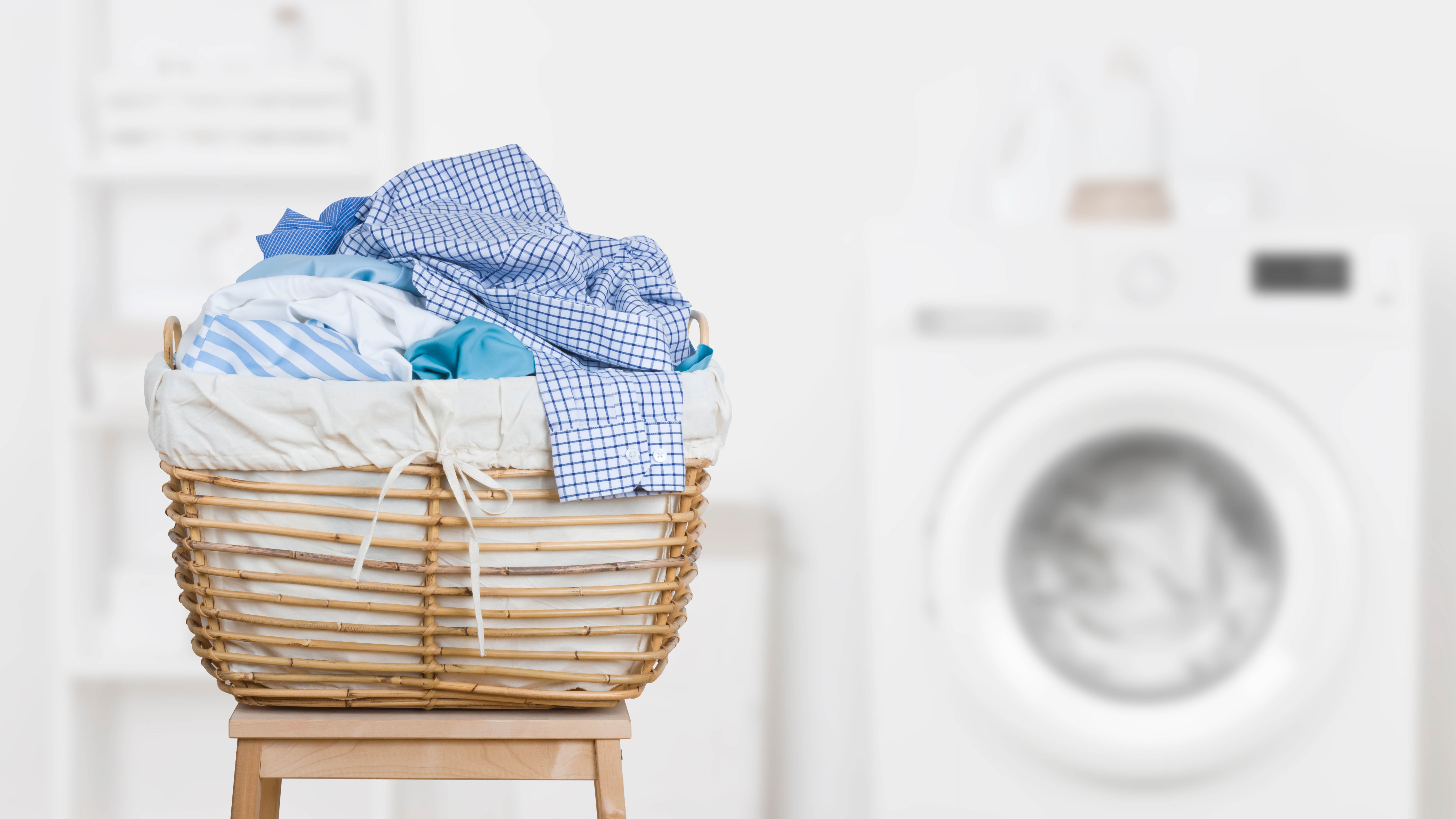
While ants adore sweet fragrances, they’re fans of the smell of sweat too. This goes back to that need for salt, as mentioned earlier. Plus, sweat actually contains sugar, so it’s all the more alluring to ants. For this reason, an excess of dirty laundry in your hamper can easily attract ants once they’re in your home, particularly if it’s filled with sweaty gym gear or items which you’ve spilled sugary residue down.
Make sure you wash and rotate your laundry regularly. Any items which are particularly sweaty or covered in food stains should be cleaned as soon as possible to prevent them from attracting ants while in the hamper.
More from Tom's Guide

Katie Mortram used to be a Homes Editor for Tom's Guide, where she oversaw everything from kitchen appliances to gardening tools, as well as smart home tech. Specializing in providing expert advice for cleaning and home manintenance, she now works as Household Advice Editor for Good Housekeeping.
